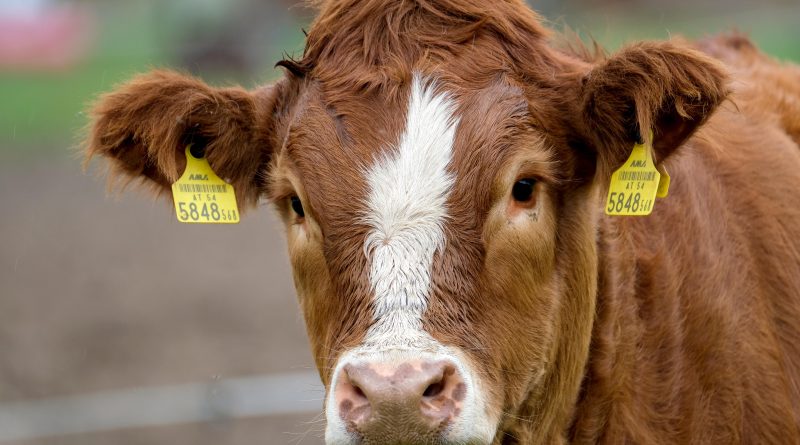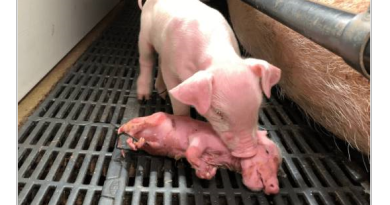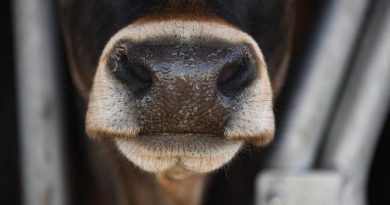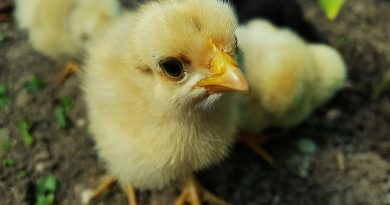How Denver Could Become the First City to Ban Slaughterhouses
Image by Nicky ❤️🌿🐞🌿❤️ from Pixabay
This article comes from Sentient Food and was written by Grace Hussain on October 7, 2024. It is quite an achievement that activists have brought a slaughterhouse moratorium to the ballot box and may be an example for others to follow.
Activists got a slaughterhouse moratorium on Denver’s ballot — but what are its chances?
The largest lamb slaughterhouse in the country is located in the Globeville neighborhood of Denver, Colorado. Each year, up to 500,000 young sheep are carted into the facility, and leave as packaged meat. Now, Denver is poised to be the first city in the nation to ban slaughterhouses like this one. Thanks to a campaign spearheaded by Pro Animal Future — a nonprofit organization with tactics backed by research — voters will decide this November whether to allow the facility to continue operations.
Its success or failure could have broad implications for the animal rights movement. While it’s certainly not the first time that animal advocates have sought to leverage ballot initiatives — there’s currently also an initiative to ban factory farms from Sonoma County, California — the Denver campaign could serve as a blueprint for future campaigns in cities across the country.
Pro Animal Future was started to test out the research generated by their sister organization, Pax Fauna. That research suggested that animal rights activists could garner success by shifting the framing of their work to ask for people’s votes instead of personal dietary change — a finding that let to this and another ballot initiative in Denver.
“We had a lot of people sign these petitions, including the slaughterhouse petition, while eating animals,” Aidan Kankyoku, who worked on the research and is now spearheading the campaign, tells Sentient.
Though the fate of the slaughterhouse still hangs in the balance, even getting the question on the ballot was an uphill climb. Kankyoku embarked on it in hopes of testing the findings of Pax Fauna’s research. So far, those findings are holding up, which may have far-reaching implications for animal welfare groups.





